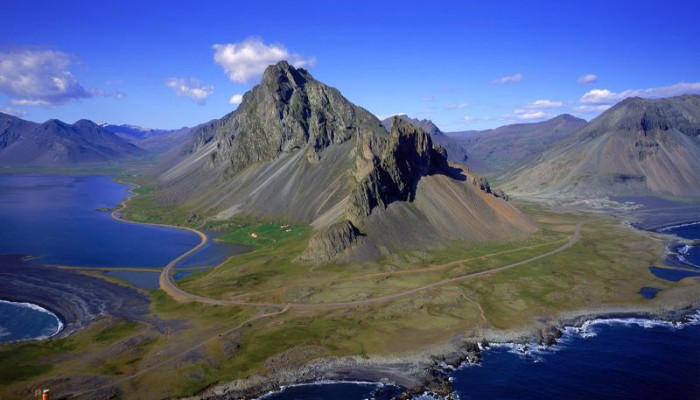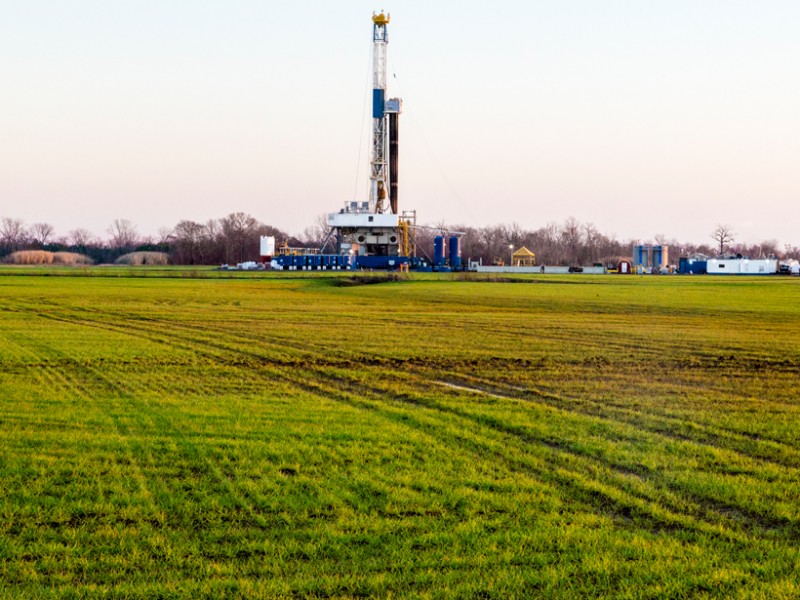Welcome back! Fewer links, a bit more to read! Do roads mean landslides are more likely? What were the Great Survey geologists wrong about? Today is Friday and here are your links!
Do roads mean landslides are more likely? Laura Roberts-Artal wrote a column on landslide susceptibility near highways (and about this paper: Brenning et al. 2015)

The Hvalsnes landslide, Eastern Iceland. Ragnar Sigurdsson (imaggeo.egu.eu)
Scientific understanding and interpretation changes of the time. When the subject of geology was still quite young, the Uinta sandstone was a tricky one, and it eventually turned out that “all of the [U.S.] Great Survey geologists were incorrect about the Uinta sandstone […] As always, science marches on.”

First camp of the John Wesley Powell expedition. Source: Wikimedia Commons
As some of us also have a scientific eye on natural hazards, note this Hurrican Sandy Feature by the state of the planet blog (The Earth Institute – Columbia University) on rebuilding, living with the bay, and the protection plan “Resist, Delay, Store, Discharge”.

Watch these amazing Gigapans of the Silurian-aged Bloomsburg Formation, Virginia by Callan Bentley!
And here is what all our paleoseismicity.org authors posted this week:
Machimoodus, the “place of bad noices” … or what we call an earthquake swarm.
Questions and Worry in Eastern Connecticut as Numerous Small Quakes Strike Region (NY Times)

Recent earthquake epicenters in Conneticut. Source: U.S. Geological Survey
A small earthquake that occurred in Ohio in 2014 is among the largest earthquakes thought to be induced directly by hydraulic fracturing.
EOS.org: Ohio Earthquake Directly Tied to Fracking

Photo by Daniel Foster, CC BY-NC-SA 2.0
When Finding Faults, Geologists Must Sometimes Become Ditch-Diggers

Photo credit: Nicovich



No Comments
No comments yet.